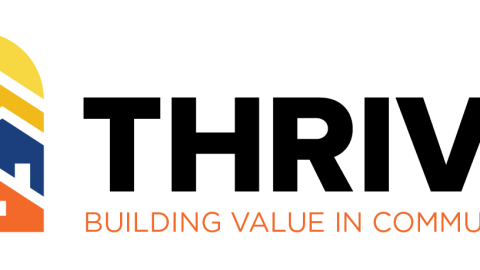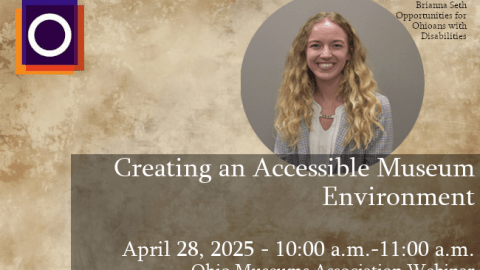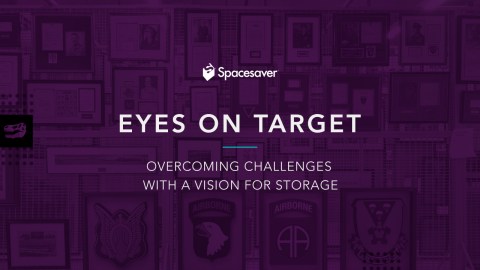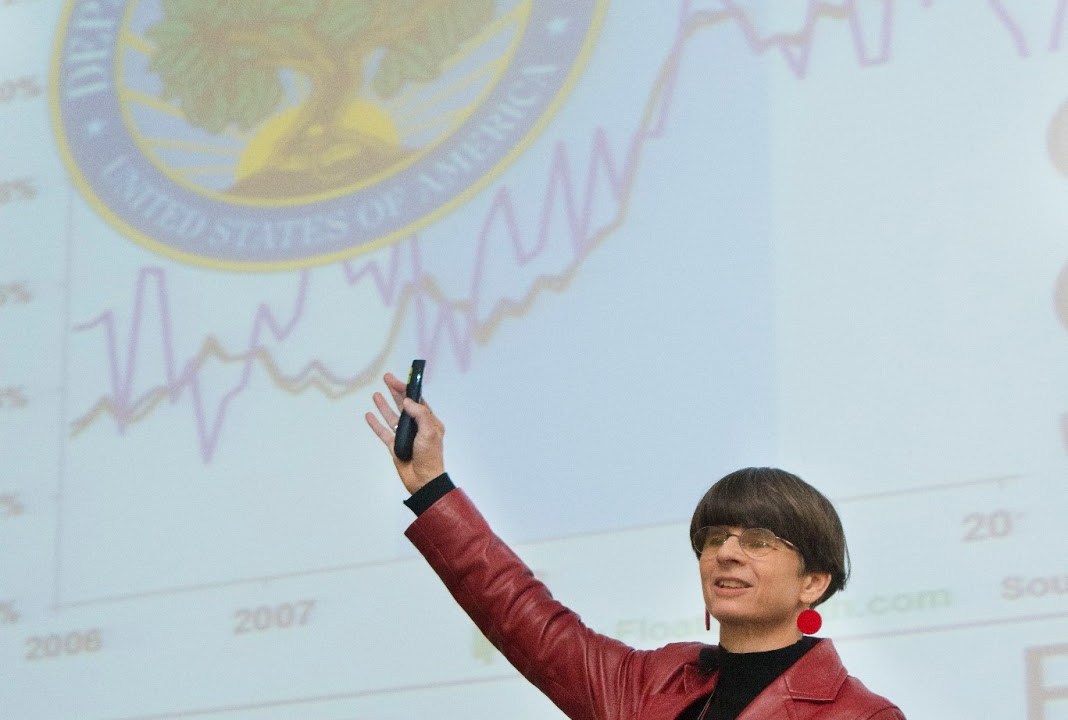
Earlier this year, I shared some thoughts regarding the future of education with face-to-face and on-line attendees at Museums Advocacy Day. My thesis, which I’ve advanced on this blog before, is that we are on the cusp of transformative change in the U.S. learning landscape, and that museums have the opportunity, through advocacy and action, to help create a more equitable and successful educational system in which they play a starring role. We recorded the presentation, and I share it with you here in the hopes you will use it to spur thinking in your own organizations about the kind of future we want to live in, and what you can do to help make that future come to pass.
30-minute video. Schedule a brownbag lunch. Make popcorn. Hit “play”
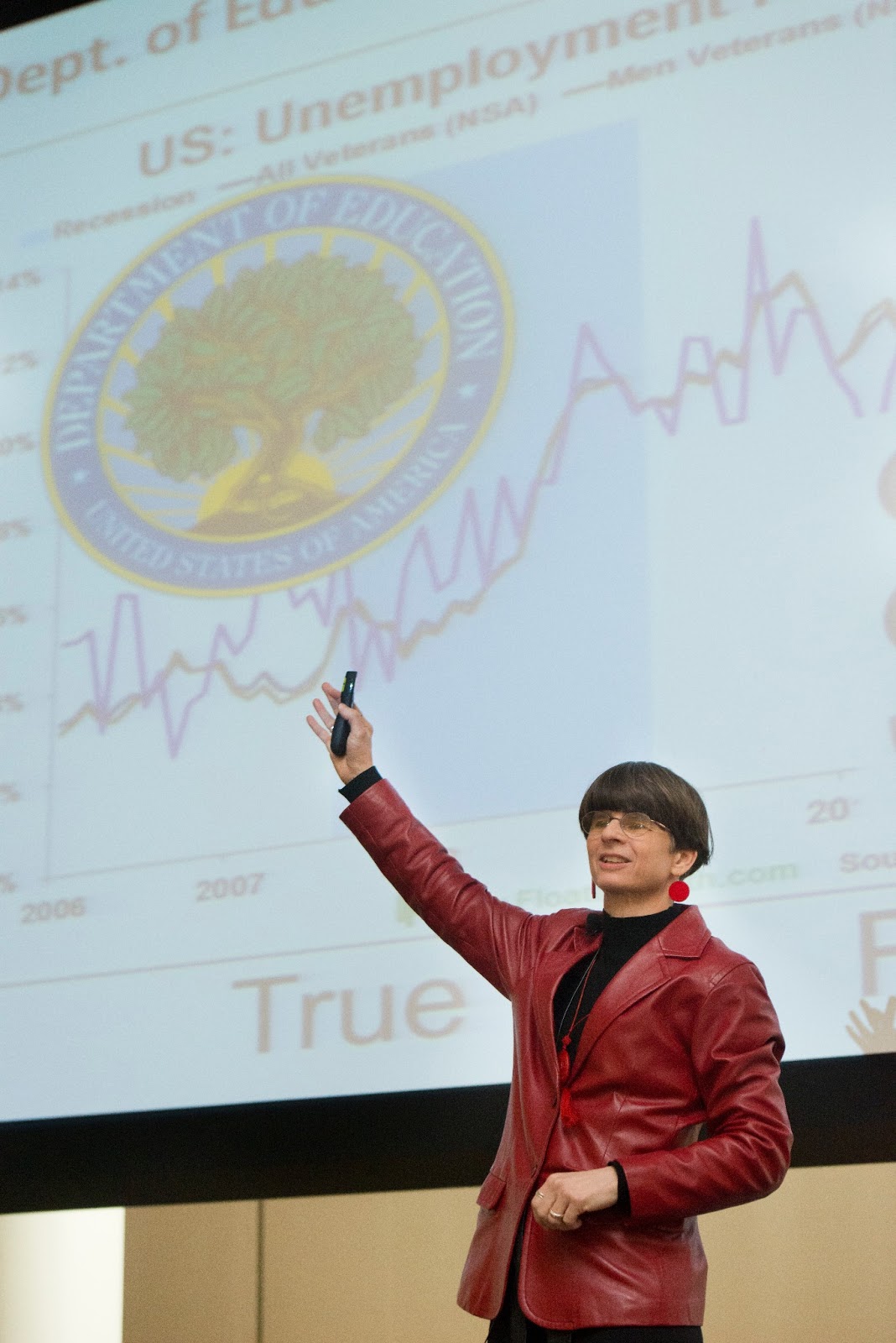 One goal of strategic foresight is spotting the end of major eras and foreseeing the nature of the next age. Many signals suggest the American educational system is on the cusp of transformative change. Our last era was based on a “factory” model of education designed to prepare a workforce prepared for the 20th century economy. The forces that shaped that era are fading away and new drivers of change are pushing us in a different direction. What might the new era of education look like?
One goal of strategic foresight is spotting the end of major eras and foreseeing the nature of the next age. Many signals suggest the American educational system is on the cusp of transformative change. Our last era was based on a “factory” model of education designed to prepare a workforce prepared for the 20th century economy. The forces that shaped that era are fading away and new drivers of change are pushing us in a different direction. What might the new era of education look like?
- Rising dissatisfaction with performance of primary, secondary schools
- Increased experimentation with alternatives (charter schools, homeschooling, unschooling)
- Rising cost of higher education, escalating debt, low rates of post-graduation employment
- Burgeoning online educational content, including MOOCs
- Accelerating in development of micro-credentialing
- 1983: A Nation at Risk (National Commission on Excellence)
- 2002: No Child Left Behind
- 2011: HASTAC/MacArthur Digital Media & Learning Competition, supported by Mozilla, Gates funding for Badges for Lifelong Learning, supporting 30 development grants
Coursera reports first quarter profits, announces IPO. Coursera is one of the major providers of Massive Open Online Courses As soon as one of the big MOOC providers figures out a workable business model, the development of these platforms for delivering educational content, much of it of very high quality, will rapidly accelerate.
IBM releases applicant guidelines for digital badges. As soon as mainstream employers (and IBM is one of the biggest employers in the U.S.) start accepting alternate forms of credentialing, such as digital badges and other micro-credentials, the calculation regarding ROI of going into debt for a traditional college degree will look even less attractive.


